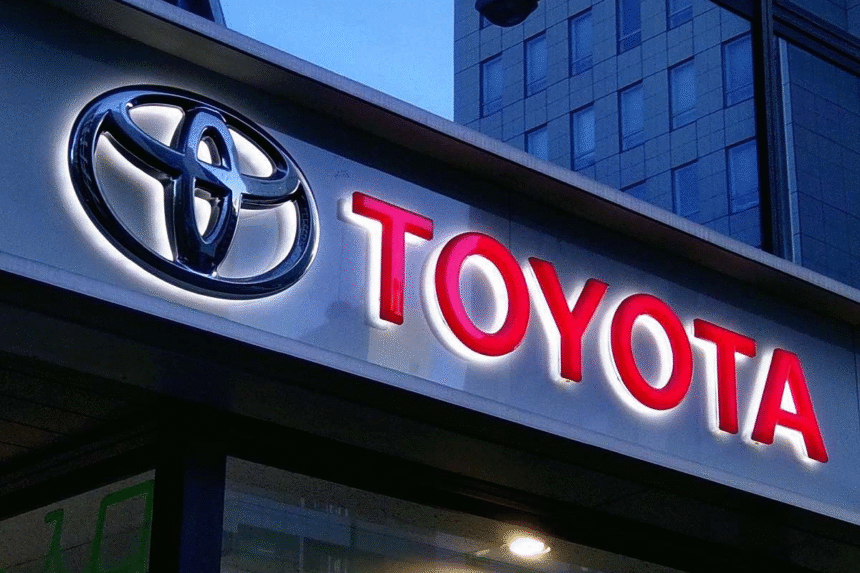Toyota has announced a new $1.5 billion investment drive to support startups at every stage of growth, from early seed ventures to late-stage companies. The move expands the Japanese automaker’s reach beyond its core business into areas such as artificial intelligence, automation, and climate technology.
The investment will be managed through two vehicles: Toyota Invention Partners Co., a newly launched subsidiary with about $670 million in capital, and Woven Capital, which has launched a second $800 million growth-stage fund.
Toyota Invention Partners will focus on early-stage startups, particularly those at the “zero-to-one” phase, as well as long-term infrastructure projects. This positions Toyota to engage with innovators before their ideas fully take shape.
On the other end, Woven Capital’s second fund will target Series B to late-stage startups, giving Toyota exposure to ventures that are closer to scaling. The dual approach ensures Toyota remains connected to innovation throughout the startup lifecycle.
From Car Maker to Tech Player
This announcement underscores Toyota’s ambition to be more than a traditional automaker. By engaging startups across fields like energy, sustainability, and advanced manufacturing, the company is signaling its transformation into a broader innovation platform.
One example is its backing of Machina Labs, a manufacturing startup that blends AI and robotics. Beyond financing, Toyota is running pilot projects with Machina Labs to test whether the technology can be applied in producing automotive panels.
Toyota’s move mirrors a wider trend among global corporations investing directly in startups rather than waiting for technologies to mature. Competitors in the automotive and industrial sectors are adopting similar strategies as the pace of innovation accelerates.
By spreading its capital across both risky early bets and more proven late-stage companies, Toyota hopes to balance risk with potential breakthrough rewards. This strategy reflects the growing realization that the future of mobility and sustainability may be shaped outside the walls of corporate R&D labs.
Why it Matters
The plan is not without risks. Startups frequently fail, and managing a portfolio across multiple stages requires both financial expertise and cultural alignment. Integrating startup technologies into Toyota’s operations could also be slowed by corporate bureaucracy.
Still, Toyota’s layered strategy—early-stage through Invention Partners, growth-stage through Woven Capital—suggests the company is prepared for the long game. If successful, it could reshape how large corporations engage with innovation ecosystems worldwide.
While the initiative is anchored in Japan, it may have ripple effects for global entrepreneurs, including those in emerging markets. For African and Asian startups, Toyota’s evolving role as an investor could open doors—though there is also the risk that innovation will remain concentrated in regions where Toyota exerts greater influence.
Talking Points
Corporates are becoming venture capitalists. Toyota’s $1.5B bet shows that big firms no longer see innovation as something to buy later—they want to own it early. This should worry traditional VCs and excite startups. But in Africa, where corporates still cling to outdated sponsorships and token CSR, we’re miles behind this global shift.
The innovation battlefield is shifting. Toyota isn’t just competing with automakers—it’s competing with Silicon Valley. By investing in AI, climate tech, and robotics, it’s redefining itself as a tech player. Meanwhile, most African manufacturers are still debating electricity tariffs, not future-proofing with frontier tech. That gap will only widen unless we wake up.
Africa risks being sidelined. Toyota’s layered approach—funding early-stage and late-stage—creates a pipeline of innovation flowing straight into its ecosystem. But where are African corporates in this picture? Why aren’t Nigerian banks, South African telecoms, or Kenyan logistics giants setting up serious venture arms? Instead, our brightest startups run abroad for capital, often taking their IP with them.





